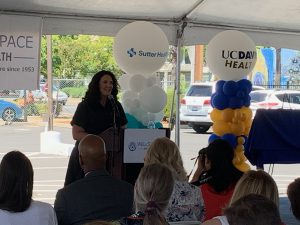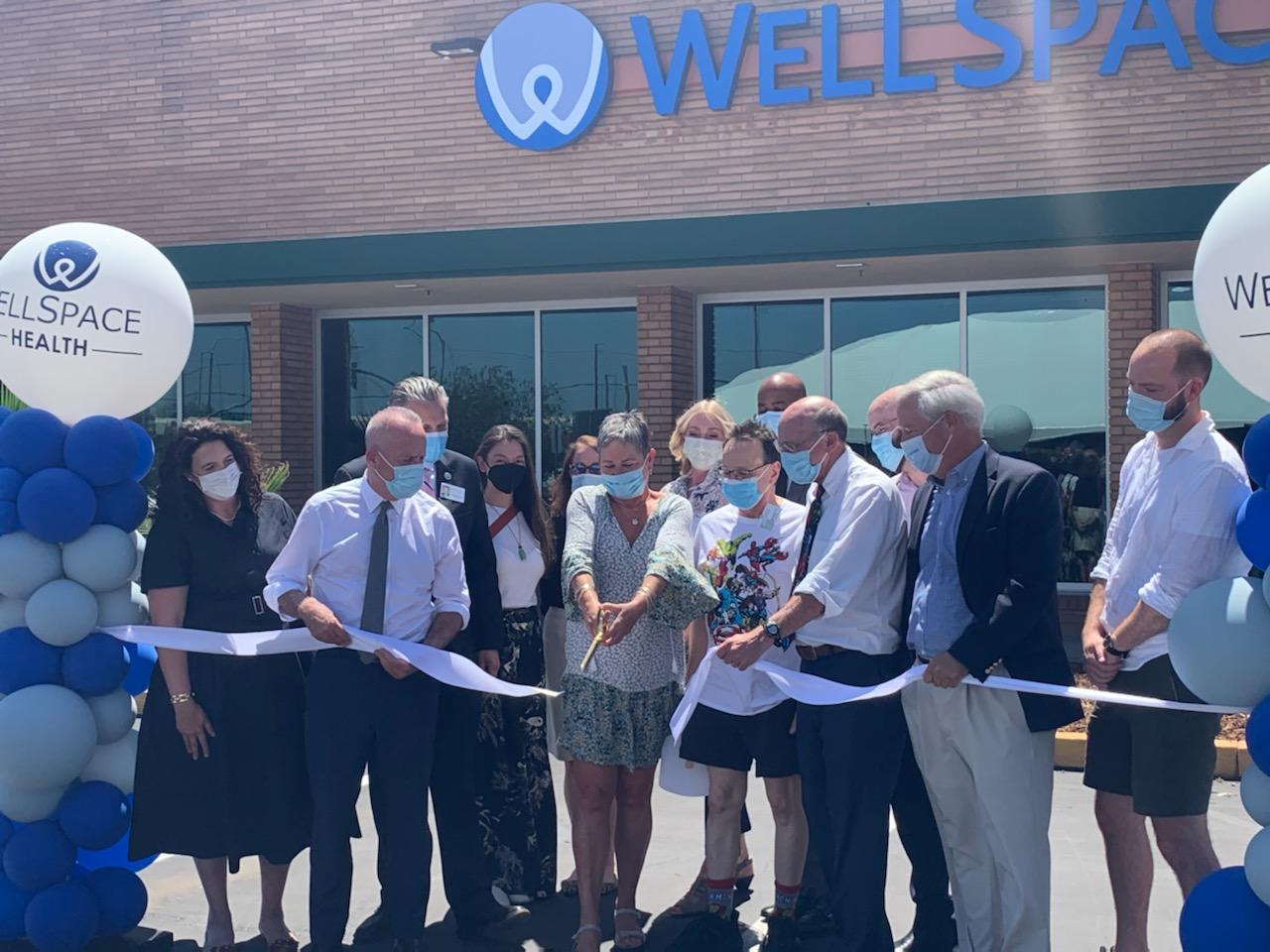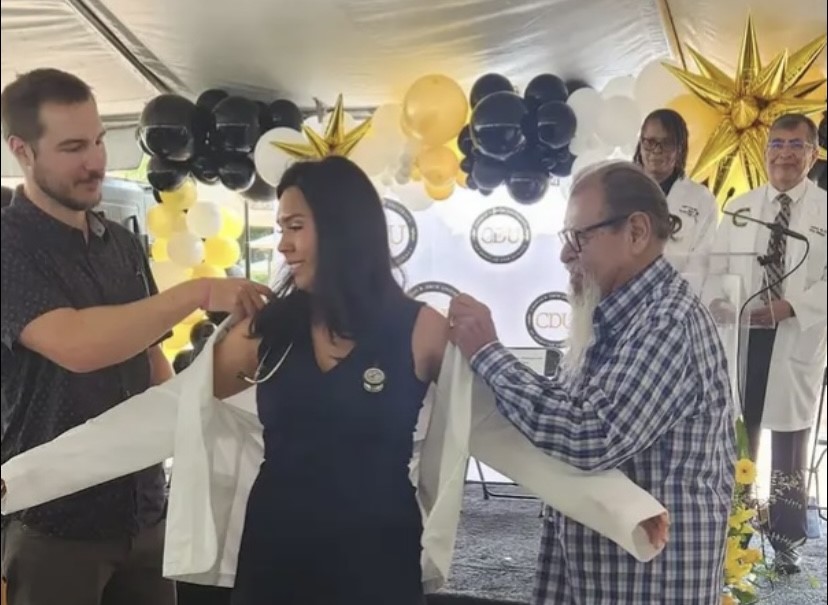Can one person really make a difference in their community? Ask those who knew Gregory Bunker, and they will say yes.
“He had this small sign on his desk and it said, ‘A bed for every head.’ And that became Greg’s motto,” said Dave Bunker, Gregory’s brother. “He felt strongly that everyone as brothers and sisters deserved a safe bed to lay their head on every night.”
Bunker was the longtime executive director of Francis House, a support agency offering services and housing solutions for individuals and families experiencing homelessness in Sacramento County. He passed away in 2010, but his legacy of providing refuge to those living on the street continues through the work of others. And now that refuge is an actual brick-and-mortar space bearing his name.
During one Sacramento summer afternoon, numerous officials gathered to unveil the Gregory Bunker Care Transitions Center of Excellence. It is located on the WellSpace Health campus on Stockton Boulevard in south Sacramento. “The Bunker,” as it is casually called, is a new recuperative care center providing healthcare and case management services to people who are experiencing homelessness and are transitioning from a hospital stay back into the community.
Sutter Health provided community health investments into the Recuperative Care Program, one of the original care models that inspired the Bunker. Other health systems within the Sacramento region—Dignity Health, Kaiser Permanente and UC Davis Health—also joined forces and invested funding. Thanks in part to the health systems’ combined support, the Bunker is its own dedicated facility with more capacity for care.

Rachael McKinney speaks at the Gregory Bunker Care Transitions Center of Excellence ribbon-cutting ceremony, June 15, 2022.
“Healthcare needs—or needs that help support improved health—don’t always begin and end with hospitalization,” said Rachael McKinney, CEO of Sutter Medical Center, Sacramento and Hospital Area CEO, Central Valley. “When we invest in impactful programs such as these that offer wraparound services and additional support, we can extend the care we give beyond our hospital walls and continue to help improve overall community health.”
The healthcare implications for those living unsheltered are vast. Studies have shown that those experiencing homelessness have greater chances of getting back on their feet when they can access care and resources in one location. In addition to sharing appropriate links to consistent health care options, clients can find out more about housing, transportation, mental health support and addiction care services. The nationally recognized Recuperative Care Program, formerly known as the Interim Care Program, followed this formula and was first launched by The Effort (now WellSpace Health) in 2005 with support from the four local health systems and Sacramento County. It provided people experiencing homelessness with a safe place to recover after a hospitalization and was co-located in several shelters. In 2021 alone, the program served almost 1,000 individuals and connected them with more than 13,700 social support services.
“When I reflect on how Mr. Bunker inspired so many, it affirms for me the collective power we have for positive change,” said McKinney. “From our healthcare teams, to our community partners, to our local leaders—we are enhancing and strengthening our communities by working together.”





